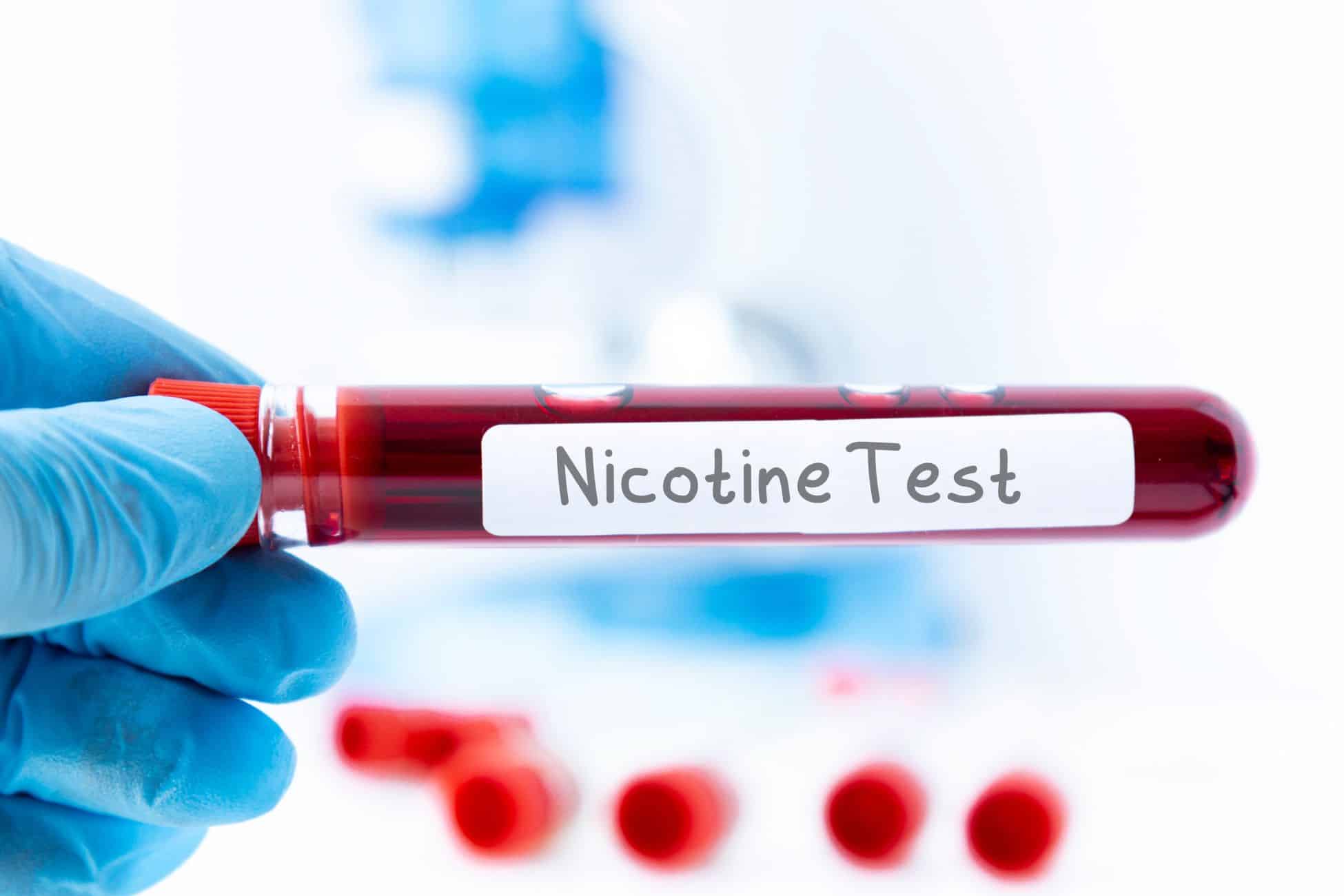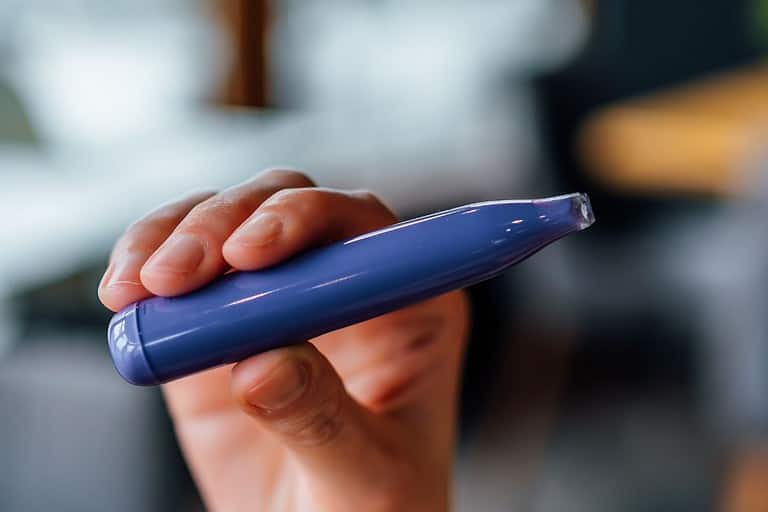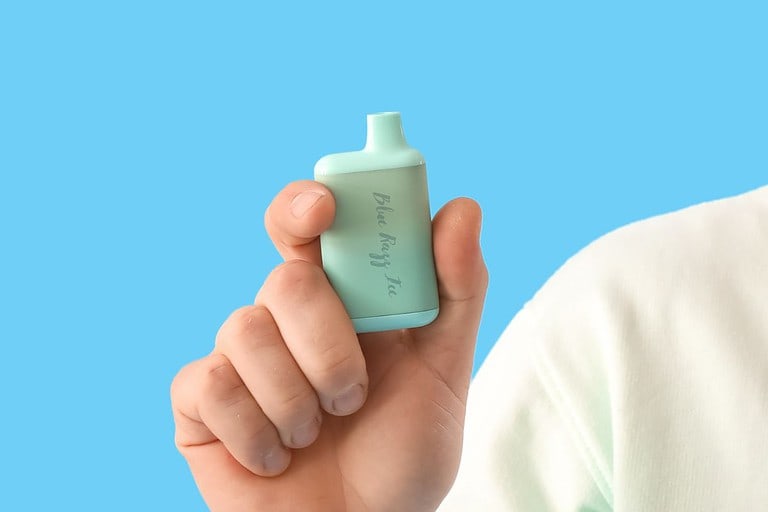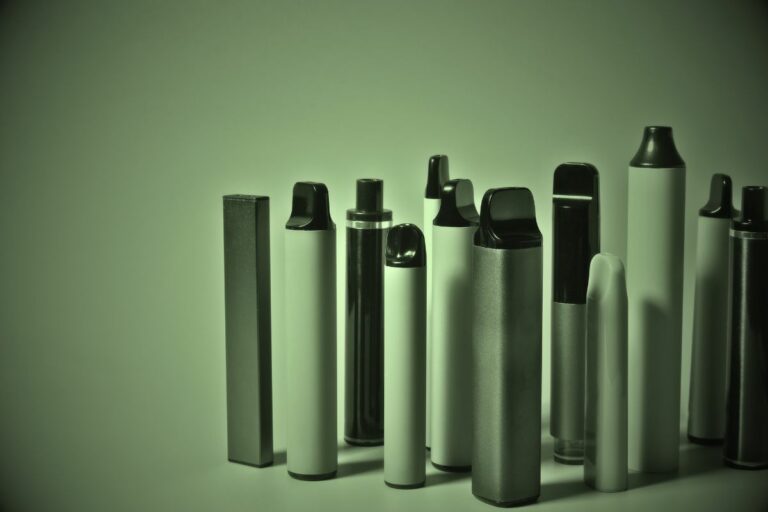How to Pass a Nicotine Blood Test for Surgery: Effective Strategies and Tips
If you are scheduled to undergo surgery, it is crucial to be aware of the preoperative guidelines concerning nicotine use. Nicotine can be detrimental to your recovery process as it impacts blood flow and healing. Many healthcare professionals will recommend that you refrain from using nicotine products well in advance of your procedure. This guidance generally includes abstaining from cigarettes, vaping, and all other forms of tobacco, as nicotine can compromise surgical outcomes.
Passing a nicotine blood test may be a necessary step before your surgery to ensure you have abstained from nicotine use. Nicotine and its byproducts can be detected in your bloodstream, and these levels are often measured to evaluate recent tobacco exposure. It’s important to be honest with your healthcare provider about your nicotine consumption for your safety and to avoid potential complications during and after your surgery.
Your body’s ability to clear nicotine varies based on several factors, including the frequency and method of tobacco use, and your metabolic rate. A complete cessation of smoking and other nicotine sources is generally required to pass a nicotine blood test. This period of abstinence allows your body time to metabolize and eliminate nicotine, which can improve your surgical outcomes and recovery.
NEW CUSTOMER DISCOUNT
Save 15%
15% OFF YOUR ENTIRE ORDER FOR NEW CUSTOMERS USE CODE WELCOME15!
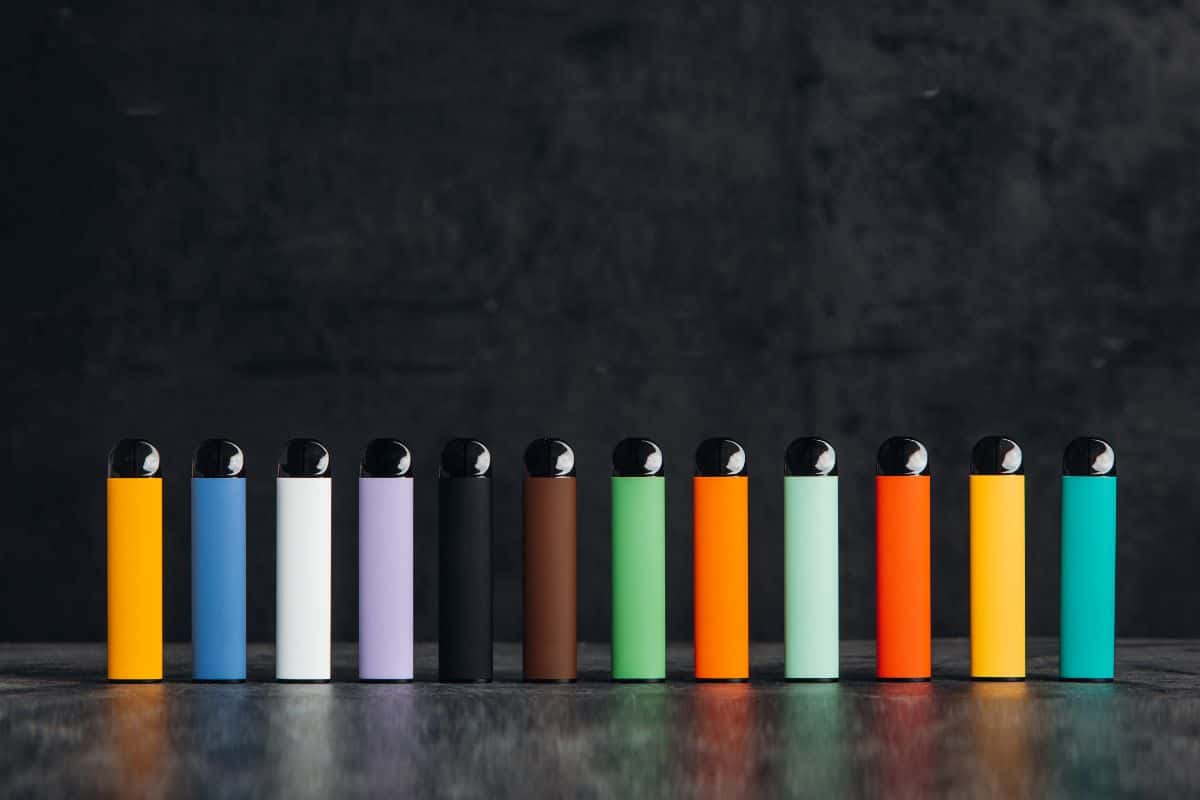
Table of Contents
Understanding Nicotine and Its Effects
Nicotine is a highly addictive substance found primarily in tobacco products. Knowing its sources and how your body processes it is crucial before a nicotine blood test for surgery.
| Aspect | Description |
|---|---|
| Chemical Structure | Nicotine is a naturally occurring alkaloid and stimulant found in the nightshade family of plants, primarily in tobacco (Nicotiana tabacum). |
| Mode of Action | Acts as a nicotinic acetylcholine receptor agonist, stimulating the release of neurotransmitters, particularly dopamine, in the brain. |
| Absorption | Rapidly absorbed through inhalation (smoking), mucous membranes (chewing tobacco), and skin (nicotine patches, gums, and lozenges). |
| Half-Life | Approximately 2 hours, leading to a relatively short duration of effects. |
| Addiction Potential | Highly addictive, as it activates the brain’s reward pathways and creates a dependence on nicotine. |
| Withdrawal Symptoms | Withdrawal symptoms include irritability, anxiety, difficulty concentrating, increased appetite, and nicotine cravings. |
| Health Risks | Linked to various health issues, including cardiovascular diseases, respiratory problems, and an increased risk of cancer. Smoking is a major cause of preventable death worldwide. |
| Cognitive Effects | Can enhance cognitive function, attention, and memory. However, chronic use may lead to cognitive decline. |
| Mood Effects | Nicotine has both stimulating and relaxing effects. It can elevate mood, reduce stress, and improve concentration. |
| Dosing Forms | Common forms include cigarettes, cigars, smokeless tobacco, nicotine patches, gums, lozenges, nasal sprays, and inhalers. |
| Use in Smoking Cessation | Nicotine replacement therapy (NRT) products, like patches, gums, and lozenges, are used to help individuals quit smoking by reducing withdrawal symptoms. |
| Regulatory Status | Nicotine is a regulated substance, and its sale and use are subject to various restrictions and age limits in many countries. |
| Potential for Harm Reduction | Some harm reduction advocates argue that using non-combustible forms of nicotine, like patches or gums, is a safer alternative to smoking tobacco. |
Nicotine Sources and Absorption
You encounter nicotine through various means, chiefly through smoking cigarettes and using tobacco products such as cigars or chewing tobacco. Additionally, e-cigarettes and vaping devices are increasingly common sources, providing nicotine in aerosol form. Nicotine can also enter your body via secondhand smoke, exposing non-smokers to the effects of nicotine unintentionally.
When you smoke or vape, nicotine is rapidly absorbed into your bloodstream through the lining of your mouth and lungs. From there, it travels throughout your system, exerting its addictive effects by stimulating the release of dopamine, a neurotransmitter associated with pleasure and reward.
Nicotine Metabolism and Cotinine
After nicotine enters your body, it is metabolized primarily in the liver. The liver converts nicotine into several metabolites, the most significant being cotinine. Cotinine is used as a biomarker in blood tests because it remains in your system longer than nicotine—typically detectable for several days or even up to a week after nicotine exposure.
Understanding your body’s metabolism rate and the effects of factors like genetic makeup on cotinine levels can inform your approach to passing a nicotine blood test. For example, nicotine can lead to an overdose if consumed in high amounts, causing symptoms like low blood pressure, which is one of the reasons surgeons require nicotine cessation before surgery. Preparing for a nicotine blood test involves considering all these variables to ensure the influence of nicotine and cotinine on your results is minimized.
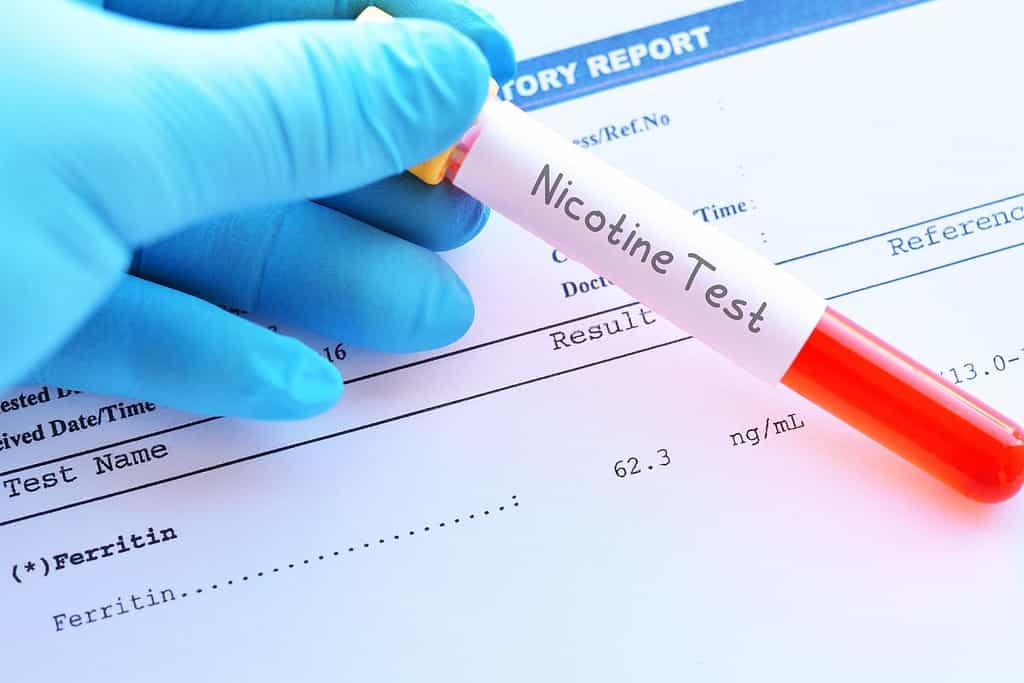
Nicotine Testing Methods
Various methods are employed to test for nicotine and its metabolites, such as cotinine, to ensure your system is free from tobacco products. Healthcare professionals use these tests to determine your smoking status, particularly before surgery.
Blood Tests
Blood tests for nicotine or cotinine can detect these substances in your blood. When you smoke or ingest nicotine, it is rapidly absorbed into your bloodstream and metabolized into cotinine, which has a longer detection window than nicotine itself. Detection window: Nicotine can be detected in blood for 1-3 days after use, while cotinine can be present for up to 10 days.
Urine Tests
Urine tests are common for nicotine testing due to their non-invasive nature and longer detection times. Cotinine levels in urine can indicate tobacco use since cotinine concentrations tend to be higher in urine than in blood. Detection window: Cotinine can be detected in urine for about 3-4 days in occasional smokers and up to 3 weeks in heavy smokers.
Saliva Tests
Saliva tests can detect nicotine and cotinine, making them a convenient option for drug testing. These tests are less invasive than blood tests and can be performed at the point of care. Detection window: Cotinine can generally be detected in saliva for 1-4 days after the last use.
Hair Tests
Hair tests are the most extended detection window for cotinine testing, capturing substance use over a more prolonged period. Although not typically used for pre-surgical screening due to the longer timeframe required for hair growth, these tests are useful in assessing long-term exposure. Detection window: Cotinine can be detected in hair for up to several months after the last exposure, depending on the length of the hair sample.
Preparing for Surgery
When you’re scheduled for surgery, it’s crucial to understand the importance of pre-surgery protocols, including nicotine testing. This is not just a formality; it’s a step to ensure your safety and optimize your healing process.
Pre-Surgery Nicotine Testing
Your doctor will likely order a nicotine blood test prior to your surgery. This test is essential to confirm that you have abstained from smoking, as nicotine can significantly affect surgical outcomes. The type of surgery you are undergoing, whether it’s a minor or major procedure, will influence how strictly you need to adhere to pre-surgery instructions.
- What to do: It’s usually advised that you quit smoking several weeks before your operation. This timeframe allows your body to start the healing process and can reduce the risk of complications.
- How it affects surgery: Being nicotine-free helps improve blood flow and oxygen levels in your bloodstream, which are vital for effective wound healing and minimizing the risk of infection.
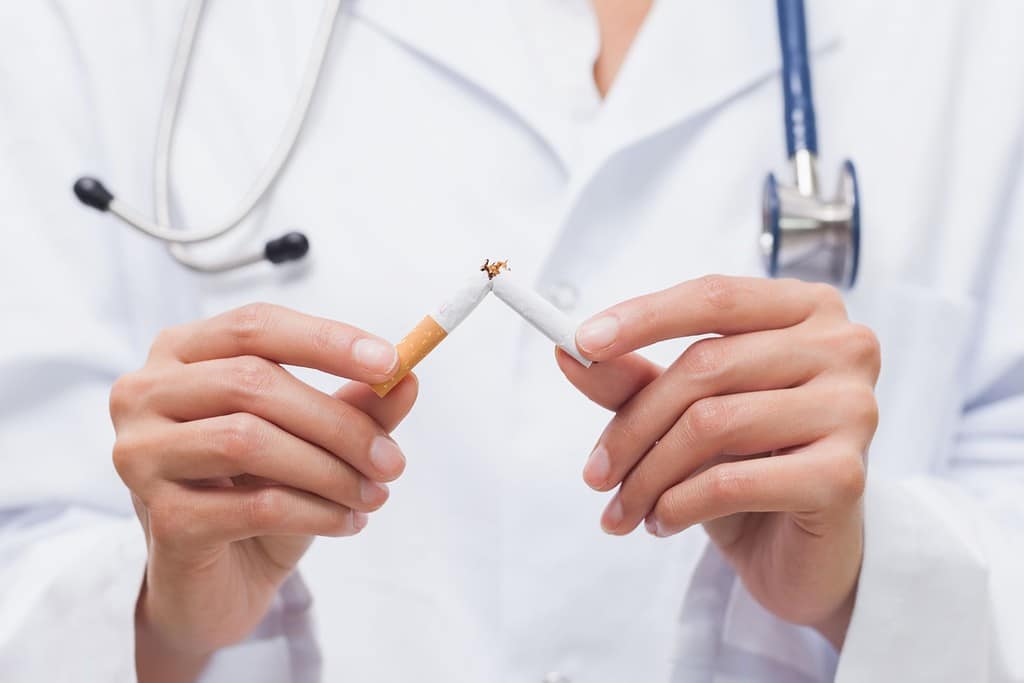
Risks of Smoking Before Surgery
Smoking before surgery can introduce a variety of risks and may impact your recovery:
- Wound healing: Nicotine constricts blood vessels, reducing necessary blood flow that is crucial for wound healing.
- Increased risk of infection: Smoking can diminish your immune response, leading to a higher potential for infection post-surgery.
- Complications: Patients who smoke are at an increased risk for complications both during and after surgery. This includes a higher chance of experiencing adverse reactions to anesthesia.
Your doctor or the hospital staff will provide you with guidelines on how to prepare for these tests and what results are necessary for your type of surgery. It’s imperative that you follow these instructions closely to minimize risks associated with nicotine during and after surgical procedures. Reducing or eliminating nicotine use prior to surgery can lead to more successful surgeries and a smoother recovery.
Nicotine Test Requirements
| Test Type | Description |
|---|---|
| Urine Nicotine Test | A common method to detect recent nicotine use. Collects urine sample to identify cotinine, a nicotine metabolite. Used for screening in insurance, employment, or health contexts. |
| Blood Nicotine Test | Measures nicotine levels directly in the blood. Can provide real-time information on recent nicotine exposure. Often used in medical settings for research or monitoring. |
| Saliva Nicotine Test | Analyzes saliva for the presence of nicotine. Provides a non-invasive method for detecting recent nicotine use. Used in various settings, including employment screening. |
| Hair Nicotine Test | Utilizes hair strands to identify nicotine and cotinine deposits over an extended period (months to years). Useful for assessing long-term tobacco or nicotine exposure. |
| Nicotine Breath Test | Measures levels of carbon monoxide in exhaled breath, as elevated levels can indicate recent tobacco or nicotine use. Used as a quick screening tool in some settings. |
| Cotinine Blood Test | Specifically measures cotinine, a metabolite of nicotine, in the blood. Useful for determining nicotine exposure over a longer period than a standard nicotine blood test. |
| Preparation for Test | Typically requires no specific preparation, but individuals should disclose any nicotine replacement therapy (NRT) use or exposure to secondhand smoke. Follow any provided instructions for the specific test. |
| Detection Window | Varies depending on the test type. For example, urine tests can detect nicotine for a few days, while hair tests can indicate exposure over several months. |
| Accuracy and Reliability | Accuracy depends on the test type and timing of nicotine use. False positives may occur with exposure to secondhand smoke or certain NRT products. Follow-up confirmatory tests may be needed for accuracy. |
| Purpose of Testing | Used in various contexts, including employment screening, insurance assessments, health monitoring, and research studies. Results may influence insurance premiums, employment decisions, or medical treatment plans. |
When preparing for surgery, understanding the specifics of nicotine test requirements is crucial. Whether mandated by insurance companies, potential employers, or as part of legal proceedings, these tests have direct implications for your coverage and legal responsibilities.
Insurance and Employment Implications
Insurance Companies: If you’re a policyholder, many health and life insurance companies require a nicotine test before approving your application. Testing positive for nicotine can lead to higher premium rates or denial of coverage.
Employers: During the pre-employment process, some employers mandate a nicotine test. A positive result may affect your job prospects, as companies with policies against smoking could deem you ineligible for employment.
Legal and Court-Ordered Scenarios
Court-Ordered Testing: In cases involving the law, such as child custody disputes, the court may order a nicotine test. The results could impact the court’s decision, particularly if maintaining a smoke-free environment is a concern.
Child Custody Cases: For the health and welfare of a child, courts might mandate nicotine tests in custody cases. Failure to pass such tests could have significant consequences on custody rights and visitation schedules.
Strategies for Smoking Cessation
Quitting smoking requires a comprehensive approach, combining pharmacological solutions with behavioral support and natural detox methods. These strategies can help reduce withdrawal symptoms and increase your chances of passing a nicotine blood test before surgery.
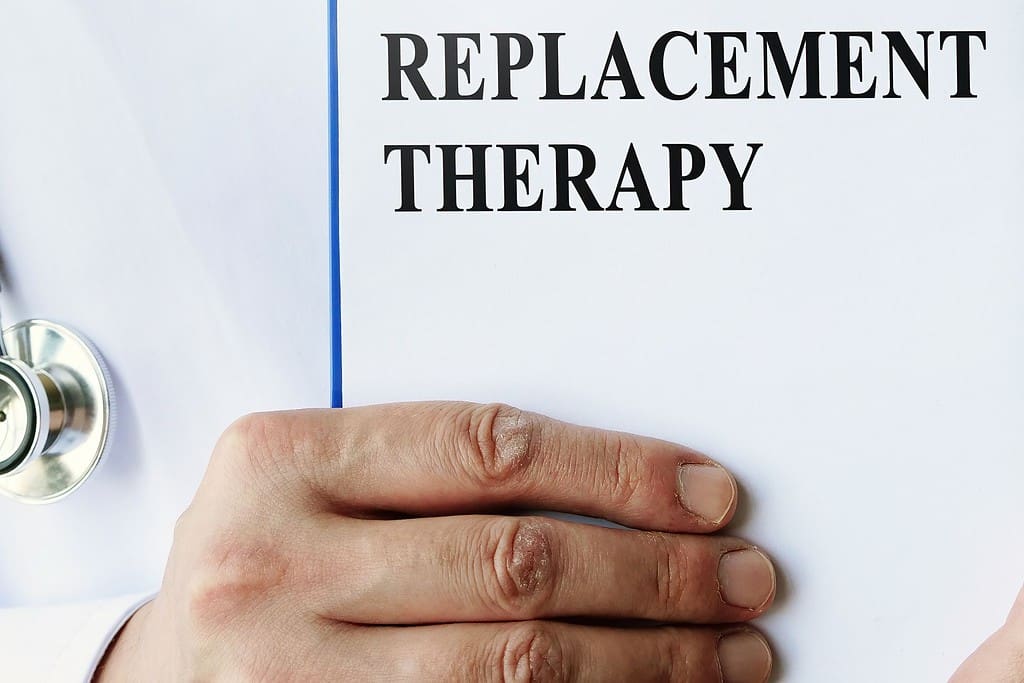
Nicotine Replacement Therapies (NRT)
Nicotine gums and patches: These forms of NRT are designed to supply your body with a controlled amount of nicotine without the harmful chemicals found in cigarettes. This can ease the transition away from smoking. Begin these therapies ahead of your surgery to ensure nicotine levels in your blood decrease by the time of your test.
Behavioral Therapies and Support
Counseling and smoking cessation programs: Professional guidance provides you with the tools to handle cravings and triggers. Counseling often includes strategies for stress management and relapse prevention.
Medications: Bupropion and varenicline are two prescription medications that can help you quit smoking. They work by reducing cravings and withdrawal effects, making it easier to stop smoking.
Home Remedies and Detoxification
Natural detox: Regular exercise and hydration can aid your body’s natural detoxification processes. Drinking lemon water and cranberry juice may help flush out toxins from your system.
Detox drinks: Various commercial detox drinks claim to cleanse your system, but their efficacy for nicotine detoxification is not guaranteed. Always consult with your healthcare provider before trying a detox drink.
Remember, the goal for a successful smoking cessation is to improve your recovery and health, ensuring you face surgery with fewer complications related to smoking.
How Long Does Nicotine Stay in Your System
When you use tobacco products, nicotine enters your system and can be detected through various types of tests. These tests measure nicotine or its by-product, cotinine, and include blood, urine, saliva, and hair exams.
- Blood tests can detect nicotine for approximately 1-3 days after you last used tobacco.
- Urine tests have a wider detection window, usually 3-4 days, but this can extend to up to 15 days for heavier smokers.
- Saliva tests can identify the presence of nicotine for around 1-4 days post-consumption.
- Hair tests provide the longest detection period, finding traces of nicotine for up to 90 days.
The detection window for nicotine is influenced by several factors, including metabolism, age, and the frequency of tobacco use. As an active smoker, your body will have a higher baseline level of nicotine and cotinine, thus a possibility of a longer detection period.
For a positive result to appear on a nicotine test, the concentration of nicotine or cotinine must surpass a certain threshold. Even trace amounts may be detected, indicating some level of exposure to nicotine.
Knowing how long nicotine stays in your system is crucial, especially if you’re preparing for surgery. It’s important to stop using nicotine products in advance to ensure clear test results. For non-smokers who are exposed to second-hand smoke, nicotine presence will usually be lower and vanish from the bloodstream faster than for active smokers.
Remember, nicotine clearance times may vary, and relying on average detection windows is helpful but may not apply to every individual case.
Preventing and Managing Positives
To effectively navigate the challenge of passing a nicotine blood test for surgery, it’s crucial to understand the nuances of false positives and to be aware of the legalities involved. Managing these aspects is vital for smokers or users of nicotine products who are preparing for surgical procedures.
Understanding and Managing False Positives
False positives in nicotine testing can occur due to various reasons. When you’re undergoing blood testing for nicotine, substances like anabasine—a compound found in some tobacco substitutes—may be misidentified as nicotine. To distinguish between true and false positives, it’s critical to know the types of tests being administered:
- Qualitative Test: Indicates whether nicotine is present but does not quantify the amount.
- Quantitative Test: Provides a specific measurement of nicotine levels in your system.
If you’re taking a qualitative test, a false positive could result from exposure to environmental tobacco smoke or the use of products that can cross-react with the test. In the case of quantitative testing, ensure that the laboratory is informed of any substances that may interfere with the results.
If you’re a smoker or if you have used nicotine products, it’s important to cease consumption well ahead of the test. Recommended timeframes vary, but abstaining for at least 1-2 weeks prior to testing is often advised. For other tests like urine or mouth swab, similar precautions apply.
Legal Considerations and Challenges
Navigating the legal landscape when it comes to nicotine testing is also crucial. Your rights and the implications of testing positive for nicotine depend heavily on regional laws and the specific policies of the medical facility. It’s recommended to review your local laws and the hospital’s policies regarding nicotine use.
If you feel that your test has resulted in a false positive, you have the right to challenge the outcome. This may involve seeking a re-test or providing proof of not consuming nicotine products. It’s imperative to communicate any possible sources of contamination or reasons for a false positive, such as prescription medications or use of cessation products like nicotine patches or gums, which can contribute to detectable nicotine levels in the bloodstream.
Lifestyle Changes and Natural Detox
To pass a nicotine blood test for surgery, it’s crucial that you adopt lifestyle changes that promote the elimination of nicotine from your body. These changes should focus on optimizing your diet, increasing your water intake, and engaging in regular physical exercise.
Dietary Adjustments
- Quit Smoking: Your priority should be to stop consuming tobacco products immediately, as they are the source of nicotine.
- Detox Foods: Integrate foods that support detoxification, such as broccoli, spinach, and garlic, into your meals.
- Ginger: Incorporate ginger into your diet to aid digestion and enhance your natural detox processes.
Hydration and Fluid Intake
- Hydration: Drink at least 8-10 glasses of filtered water daily to help flush out toxins.
- Detox Drinks: Consume homemade detox drinks, such as lemon water or green tea, which can support your body’s natural detox pathways.

Physical Activity and Exercise
- Exercise Regularly: Engage in at least 30 minutes of moderate exercise daily to expedite your recovery and enhance circulation, promoting the elimination of toxins.
- Sweating: Activities like sauna sessions or hot yoga enhance sweating, which helps in detoxifying through the skin, although you should approach these activities with caution and ensure proper hydration.
Understanding Test Results and Levels
When preparing for surgery, understanding your nicotine test results and their levels is crucial to ensure you’re ready for the procedure. Let’s explore how to read these results and interpret what the levels of nicotine mean for you.
Reading Nicotine Test Results
Your nicotine test results will generally be presented in two forms: blood tests and urine tests. A blood test for nicotine actually measures cotinine, a metabolite of nicotine. Cotinine levels are usually detected through liquid chromatography—a precise lab technique that quantifies substances in your blood. For smokers, cotinine levels typically range from 10 to 500 ng/mL, whereas non-smokers generally measure under 10 ng/mL.
Interpreting Levels of Nicotine
The level of nicotine found in your body is influenced by several factors, including frequency of smoking, genetics, and the type of tobacco product used. Interpreting these levels requires understanding the half-life of nicotine—which is approximately 1 to 2 hours—and cotinine, which is longer, around 15 to 20 hours. If your blood test reveals high levels of cotinine, it indicates significant nicotine exposure, suggesting that you are a smoker or use nicotine products. Conversely, low levels suggest minimal exposure, which could align with a non-smoker status or recent cessation. Remember, the goal for surgery is often to have these levels low enough to minimize surgery risks.
Conclusion
Undergoing a nicotine blood test as a preoperative measure is a critical step to ensure the best possible outcomes for your surgery. If you are preparing for a test, your recovery prospects may improve significantly by quitting smoking or halting nicotine intake well in advance of your procedure.
Remember:
- Nicotine can affect wound healing and blood flow, potentially harmful effects that medical professionals aim to avoid during recovery.
- Abstention from nicotine can decrease surgical risks, thus enhancing the healing process.
Quitting nicotine is not an immediate fix; it takes time for nicotine to clear from your system. Various factors, including how long and how much you’ve smoked, affect this duration. Plan your quitting strategy as early as possible, which will require willpower and perhaps medical support.
Avoid nicotine replacements like patches or gums close to your surgical date without consulting your doctor, as these can also influence a nicotine test. Engage in healthy activities to aid your preparation, such as:
- Moderate exercise
- A balanced diet
- Adequate hydration
Utilize available resources, whether it’s support groups or professional help, to maximize your chance of a successful quit and a smooth recovery. Being informed and proactive about quitting nicotine prior to surgery will contribute to better surgical outcomes and a quicker return to health.
Browse popular vape collections:
- Nicotine Disposables
- 2000 Puff Nicotine Disposable Vapes
- 2500 Puff Nicotine Disposable Vapes
- 5000 Puff Nicotine Disposable Vapes
- 6000 Puff Disposable Nicotine Vapes
- 7000 Puff Nicotine Disposable Vapes
- Disposable Vape Deals
- Best Vape Brands
- 8000 Puff Nicotine Disposable Vapes
- 9000 Puff Nicotine Disposable Vapes
- 5% Nicotine Disposable Vapes
- Rechargeable Nicotine Disposable Vapes
- Vape Coils
- Dab Wax Pens
- Dab Wax Pen Battery
- Yocan Vapes
- Vape Cases
Frequently Asked Questions
When preparing for surgery, it’s crucial to understand how nicotine and its byproducts interact with your body and the implications for pre-surgical tests.
What are effective ways to eliminate nicotine from the system before surgery?
Your body naturally eliminates nicotine through the liver, which metabolizes nicotine into cotinine, later excreted through the kidneys. To facilitate this process, maintaining a healthy diet, regular exercise, and adequate hydration can help, but it’s best to cease nicotine use well in advance of surgery.
How long does nicotine stay detectable in urine as opposed to a blood test?
Nicotine can be detected in the blood for 1-3 days after use. In urine, cotinine, a nicotine metabolite, can be detected for up to several weeks, depending on the frequency and intensity of use, with longer detection periods typically seen in heavy smokers.
Can consuming large amounts of water help in reducing cotinine levels for a blood test?
While staying hydrated may assist in the elimination process, simply drinking large volumes of water won’t significantly reduce cotinine levels in blood quickly. Your body requires time to metabolize and clear cotinine from your system.
How quickly does the body metabolize cotinine, and what factors influence this rate?
The body typically metabolizes cotinine in 16-18 hours, but this can vary based on factors such as metabolic rate, age, overall health, and tobacco usage history. Consult with a healthcare professional for personalized information.
Do hospitals routinely test for nicotine prior to surgical procedures?
Some hospitals may test for nicotine, especially before procedures where smoking could complicate healing and recovery, such as plastic surgery or heart-related interventions.
What techniques have individuals reported as successful for passing a cotinine blood test?
There are anecdotal reports of individuals using various methods to pass cotinine tests, such as cessation of nicotine use, using nicotine replacement therapies like the nicotine patch, and engaging in cardiovascular exercise. It is important to consult with a healthcare provider for advice tailored to your situation.

